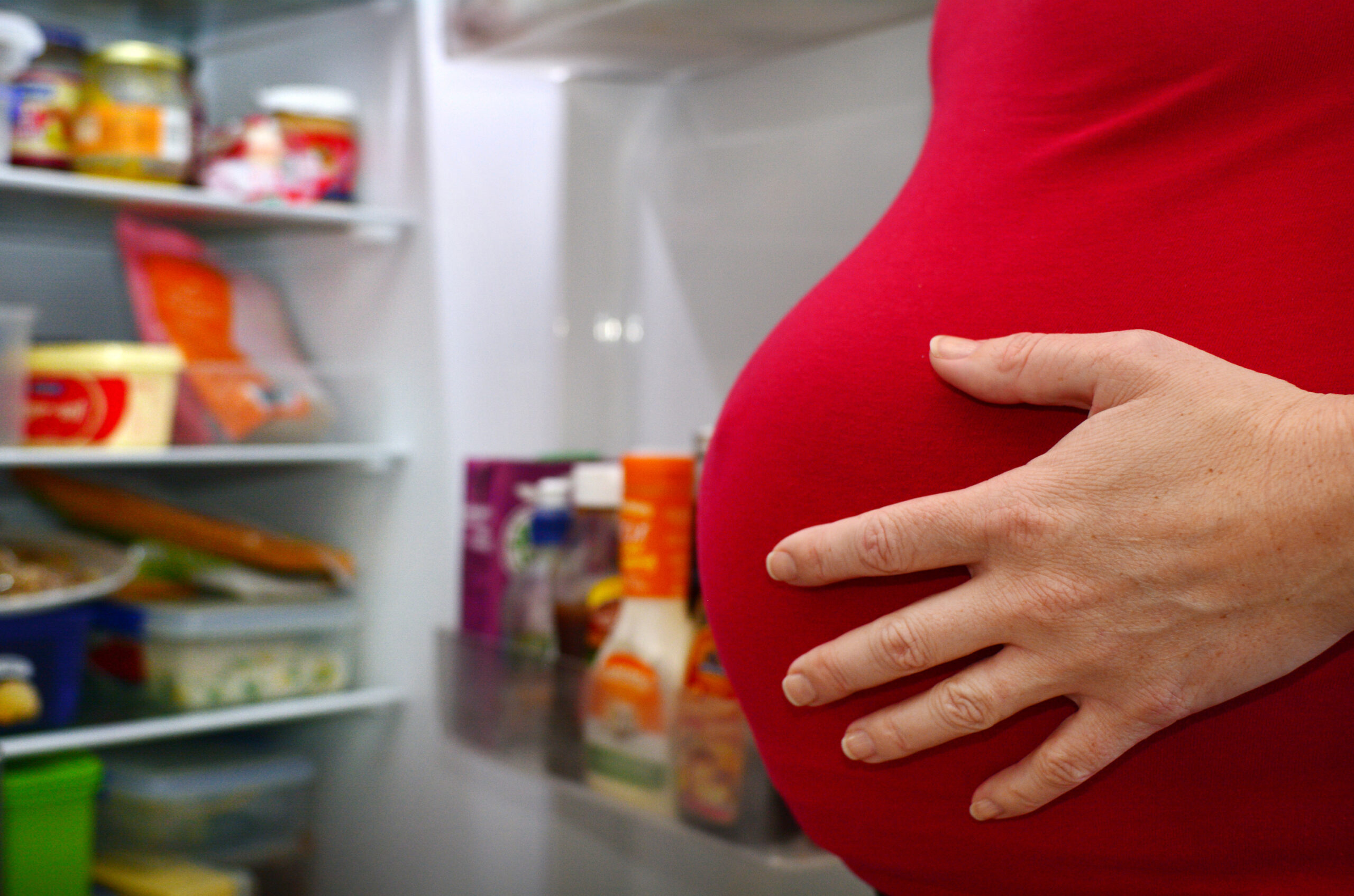Dietary guideline adherence during preconception and pregnancy: A systematic review
This 2020 systematic review was conducted to better understand the level of adherence to dietary guidelines during preconception (of men and women) and during pregnancy (of women only). Another aim was to find out the factors that influence the subjects’ adherence. The selected studies had to include men or women aged at least 18 years who identified as either trying to conceive a baby or already pregnant. Of the 18 studies included in this review, the quality was generally rated as fair (44%) to good (56%). Most of the research indicated that preconceptual and pregnant women did not eat enough vegetables, cereal grains, or folates. Additionally, pregnant women did not meet the dietary requirements for iron or calcium intake in 91% and 55% of the studies, respectively. Fat consumption levels were also found to be excessively high compared with guidelines. Better guideline adherence was observed in pregnant women with higher level education, while older age and non-smoking status were associated with greater guideline adherence in preconceptual and pregnant women. According to these results, ladies (intent on conceiving and those pregnant) may not be meeting the minimum requirements stated in dietary guidelines and nutritional recommendations. [NPID: diet, assessment, dietary guidelines, preconception, pregnancy, nutrition, systematic review]
Year: 2020
 Navigation
Navigation






